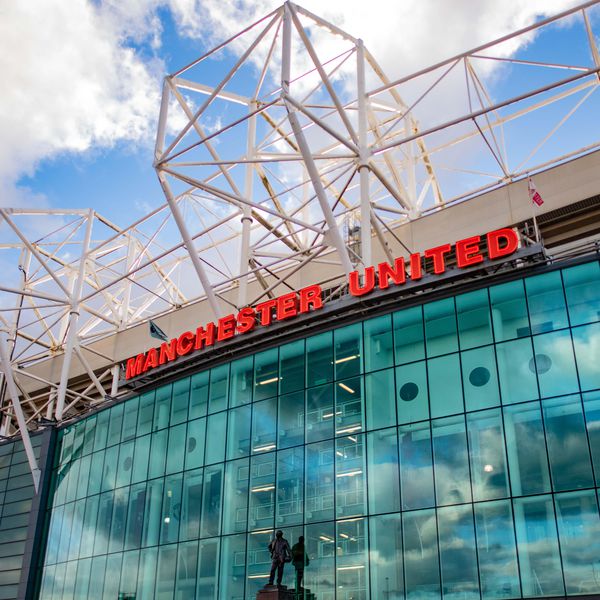United v Liverpool: Before the rivalry
With Liverpool visiting Old Trafford on Monday evening, supporters are eagerly anticipating yet another clash between the two monumental English clubs.
Recent games between United and Liverpool are etched on our minds, but the history of the rivalry is little less known.
In this week's edition of our matchday programme, United Review, Joe Ganley guides readers through the origins of the rivalry and how competition between United and Liverpool came to be so huge.
Enjoy this extract from the enticing feature and make sure you purchase your copy to read the full version - and a whole host of other intriguing matchday content.
Order Monday's match programme
ArticleThe new issue of United Review – for United's game with Liverpool – is available now.
PARTNERS IN CRIME
Perhaps the most famous Manchester United v Liverpool match of the pre-Busby era came on Good Friday, 1915, just prior to football’s suspension due to the First World War. United were in grave danger of relegation, and Liverpool comfortably ensconced in mid-table.
But out-of-form United won the game easily by two goals to nil, thanks to a double from George Anderson. And, bizarrely, a penalty taken by United captain Patrick O’Connell was missed by an eye-watering distance. It wasn’t long before suspicious musings began to creep out in the press.
‘The second half was crammed with lifeless football,’ opined The Manchester Daily Dispatch. ‘United were two up with 22 minutes to play and they seemed so content with their lead that they apparently never tried to increase it. Liverpool scarcely ever gave the impression that they would be likely to score.’
The result kept United safe, but the contest would lead to a serious investigation into match-fixing allegations. It later emerged that money had changed hands between the players, and seven were subsequently given lifetime bans.
“Jackie Sheldon – who had joined Liverpool from United – was the ringleader of that,” recounts Wylie, “and was able to get some of his team-mates and some of his former United team-mates on board. They did it for their own financial gain, I must add, rather than for points that United desperately needed. Without those points they would have been relegated. But it was purely financial between the players.”
It is a dark and regrettable chapter in both clubs’ histories, but further highlights the links and close relationships between players from both sides. Far from revealing a rivalry, the Good Friday Scandal of 1915 shows collaboration, and the connectedness between the people of the two cities.
THE UNITED REVIEW
Check out more engaging features like this one, and plenty more matchday content in this week's United Review. Get yours here!


1772034100778.png)

